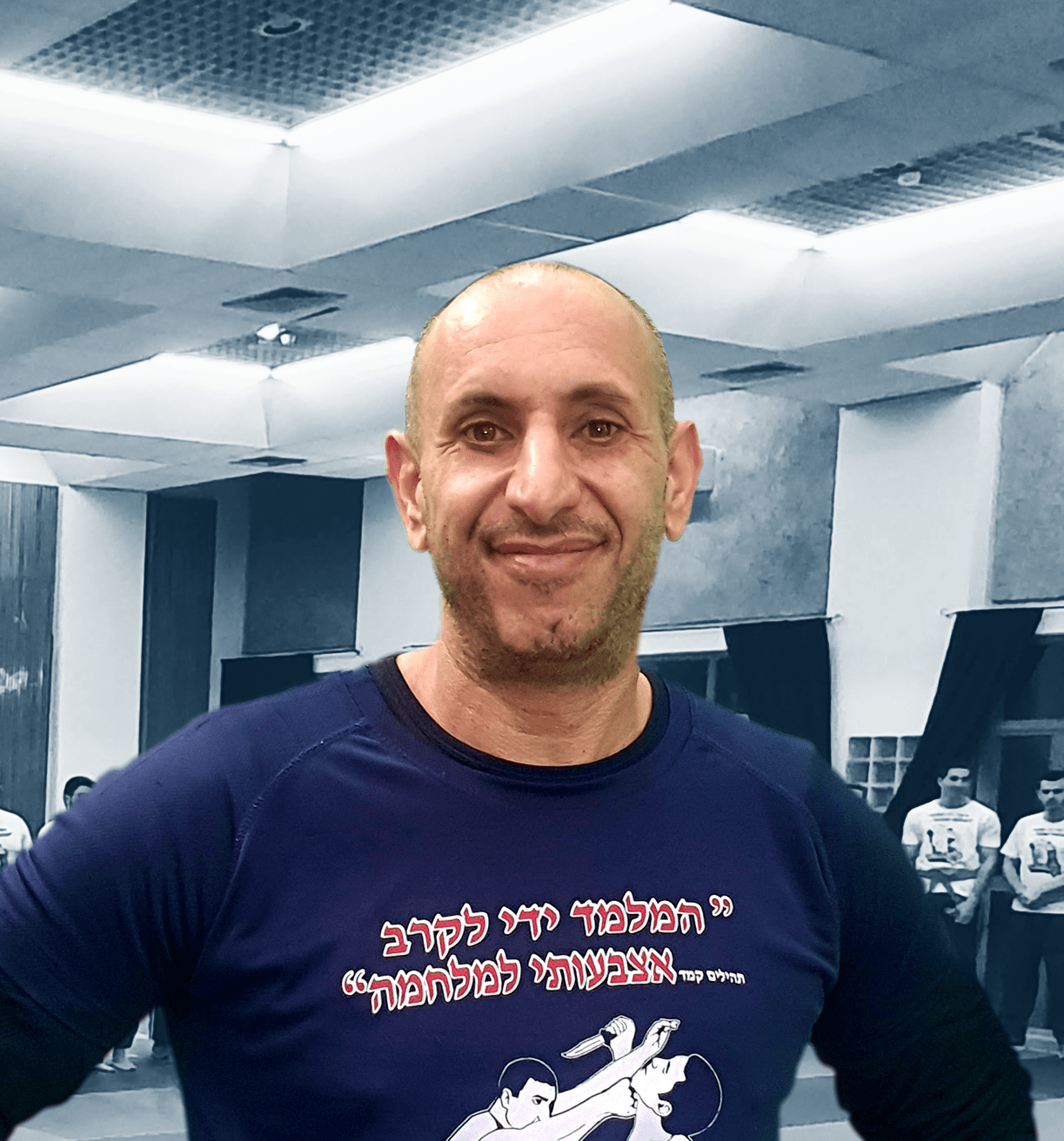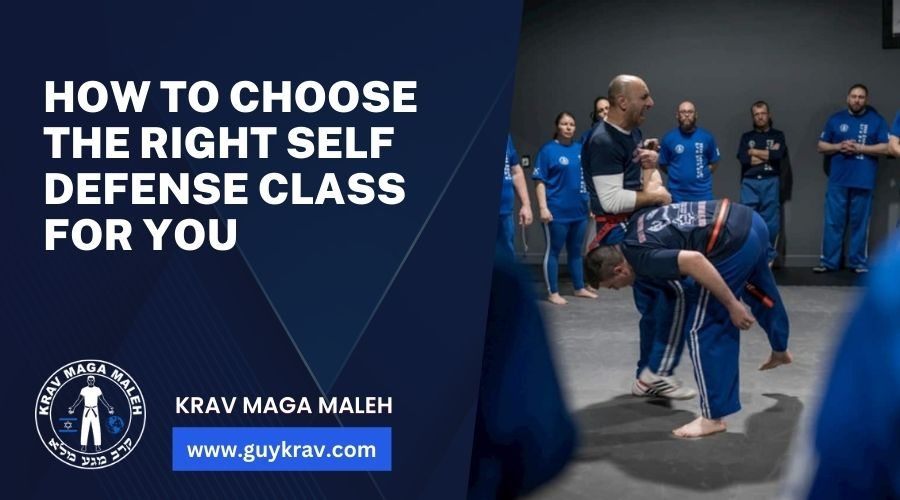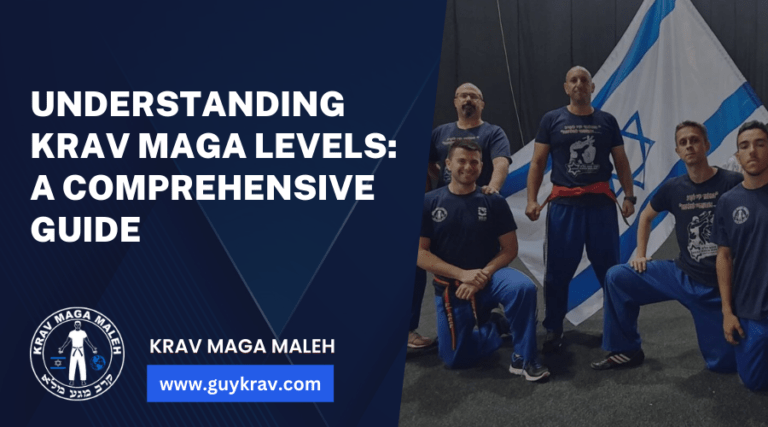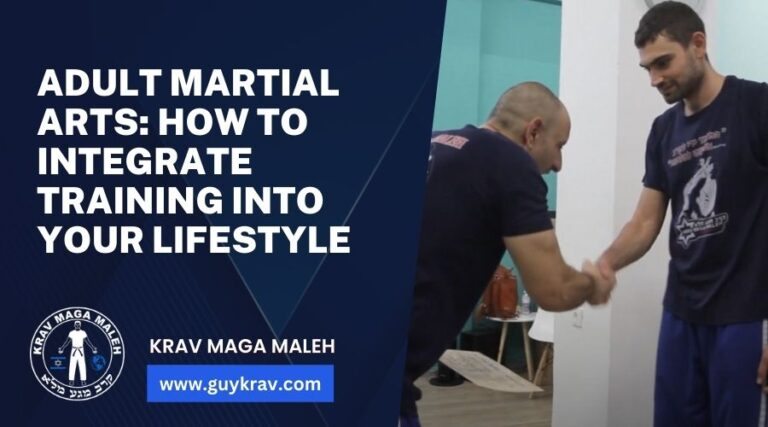In an unpredictable world, the need for self-defense training has become increasingly apparent. Learning how to protect oneself and others is a proactive approach to personal safety. By equipping individuals with the necessary skills and knowledge, self defense class empower people to handle dangerous situations effectively. One of the best ways to learn self-defense is by enrolling in a self-defense class. However, with so many options available, choosing the right class can be overwhelming. In this article, we will explore what self-defense classes are like, the reasons why you should consider taking one, the different types of classes available, and provide tips on how to choose the perfect class for you.
What Is a Self-Defense Class Like?
Before diving into the selection process, let’s first understand what a self-defense class entails. Self-defense classes teach individuals the skills and techniques necessary to protect themselves from threats or attacks. These classes usually consist of a combination of physical training, mental preparedness, and situational awareness.
In a typical self-defense class, you can expect to learn various techniques such as striking, blocking, grappling, and escaping. The instructors will demonstrate these techniques and guide you through hands-on practice sessions. Some self-defense classes offer specialized training in weapons for self-defense, teaching individuals how to use tools like pepper sprays or stun guns safely and effectively. Additionally, self-defense classes often incorporate role-playing scenarios to simulate real-life situations and help you apply the learned skills effectively.
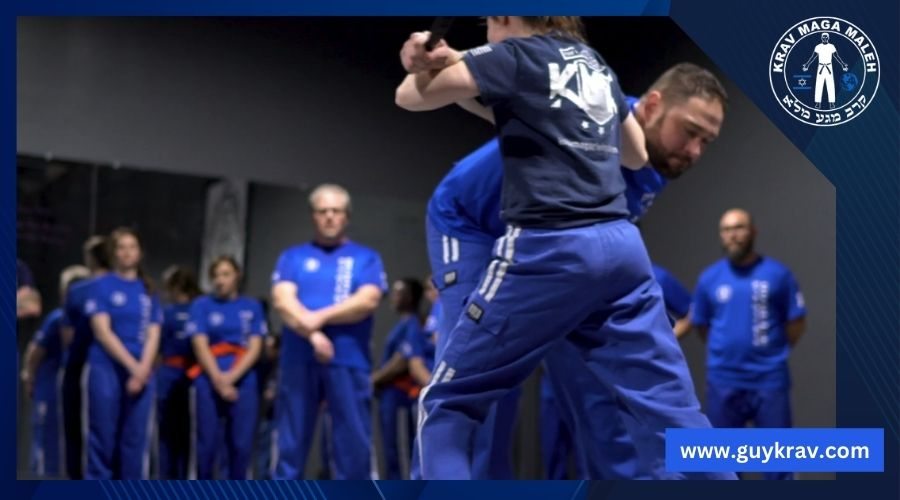
Reasons You Should Take a Self-Defense Class
Enrolling in a self-defense class offers numerous benefits beyond just learning how to defend yourself. Here are some compelling reasons why you should consider taking a self-defense class:
Personal Safety: Self-defense classes equip you with the skills and confidence to protect yourself in potentially dangerous situations.
Increased Awareness: These classes teach you to be more aware of your surroundings, enabling you to identify and avoid potential threats.
Physical Fitness: Self-defense training provides an excellent workout, improving your strength, endurance, and overall physical fitness.
Empowerment: Learning self-defense instills a sense of empowerment, boosting your self-esteem and personal confidence.
Stress Relief: Engaging in self-defense classes can serve as a stress-relieving activity, helping you release tension and improve mental well-being.
Self-Defense for All: Classes for Women, Men, and Children
Self-defense classes are suitable for individuals of all genders and age groups. Recognizing that different groups may have specific needs and concerns, many self-defense classes offer specialized programs tailored to women, men, and children.
Women’s self-defense classes often focus on techniques that leverage an individual’s strengths, emphasizing strategies to escape from common attacks. Women’s self-defense classes also address issues like boundary setting, verbal de-escalation, and building self-confidence.
Men’s self-defense classes generally encompass a broader range of physical techniques while also emphasizing responsible and ethical use of self-defense skills. These classes may delve into scenarios specific to men, such as defending against larger assailants.
Children’s self-defense classes are designed to teach kids essential skills for personal safety and conflict resolution. These classes typically prioritize non-violent methods of self-protection, promoting confidence, assertiveness, and anti-bullying strategies.
Types of Self-Defense Classes
When it comes to self-defense classes, there are several different types available. Each type may focus on different techniques, philosophies, or target audiences. Here are a few common types of self-defense classes:
Krav Maga Maleh: Krav Maga Maleh is a practical and effective form of martial arts for self-defense developed for the Israeli military. It emphasizes real-world scenarios and combines techniques from boxing, wrestling, judo, and street fighting.
Brazilian Jiu-Jitsu: Brazilian Jiu-Jitsu is a martial art that emphasizes ground fighting and submission holds. It is particularly useful for smaller individuals to defend themselves against larger and stronger attackers.
Kickboxing: Kickboxing classes offer a high-energy workout while teaching striking techniques using punches, kicks, and knee strikes. It improves overall fitness, coordination, and self-defense skills.
Taekwondo: Taekwondo is a Korean martial art that focuses on high kicks, fast strikes, and fluid movements. It teaches self-defense and promotes discipline, respect, and mental focus.
Mixed Martial Arts (MMA): MMA combines techniques from various martial arts disciplines, including striking and grappling. It provides a comprehensive approach to self-defense and overall physical conditioning.
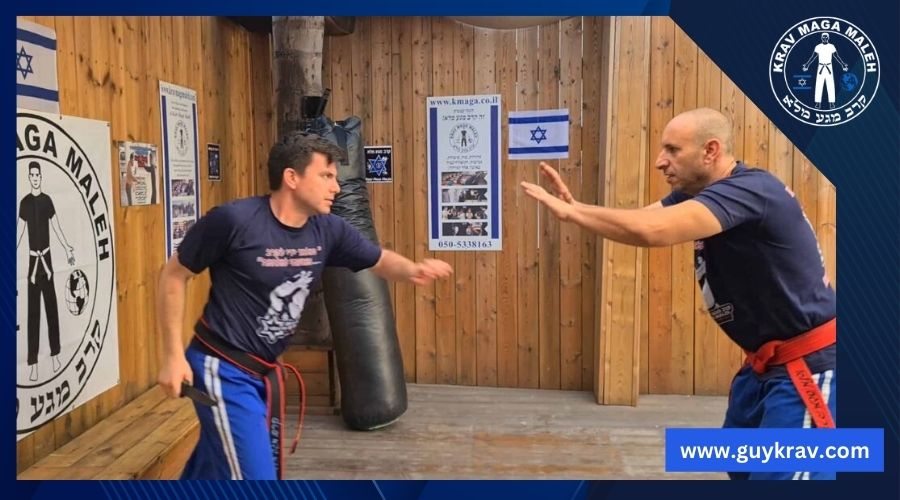
Choosing the Right Self-Defense Class
Now that you are familiar with the different types of self-defense classes, let’s explore how to choose the right one for you:
Assess Your Goals: Determine your specific objectives for taking a self-defense class. Are you primarily interested in personal safety, fitness, or both?
Research Local Options: Look for self-defense classes available in your area. Consider factors such as the class schedule, location, instructor qualifications, and student reviews.
Visit and Observe: If possible, visit the classes you are considering. Observe a session to get a sense of the teaching style, class atmosphere, and instructor-student interaction.
Talk to Instructors: Reach out to the instructors or school representatives to discuss your goals and ask any questions you may have. A good instructor should be knowledgeable, approachable, and able to address your concerns.
Trial Classes: Many self-defense schools offer trial classes or introductory packages. Take advantage of these opportunities to experience the class firsthand before committing to a long-term membership.
Consider Your Comfort Level: Ensure that you feel comfortable and safe in the training environment. Trust your instincts and choose a class where you feel respected and supported.
Remember, selecting the right self-defense class is a personal decision based on your goals, preferences, and comfort level. Take your time, do thorough research, and trust your intuition to find the class that suits you best.
Defend Yourself: Enroll in Krav Maga Maleh’s Self-Defense Class Now!
If you’re ready to embark on a self-defense journey that prioritizes practicality and real-world scenarios, look no further than Krav Maga Maleh’s self-defense class. Krav Maga Maleh is a renowned self-defense school known for its effective training methods and expert instructors. With their emphasis on real-life situations, you’ll learn the skills needed to defend yourself and your loved ones confidently. Don’t wait any longer—enroll in Krav Maga Maleh’s self-defense class today and start your journey toward personal empowerment and safety.
FAQs
Are self-defense classes only for people with prior martial arts experience?
No, self-defense classes cater to individuals of all experience levels, including beginners.
What should I wear to a self-defense class?
Wear comfortable workout attire that allows for ease of movement. Avoid clothing with buttons, zippers, or other potentially injurious elements.
How long does it take to become proficient in self-defense?
The time required to become proficient varies depending on the individual’s dedication, practice frequency, and the complexity of techniques. Consistent training over several months is recommended to develop and maintain skills.
Can I practice self-defense techniques at home?
Yes, practicing at home can reinforce what you learn in class. However, it’s essential to train under the guidance of a qualified instructor to ensure proper technique and minimize the risk of injury.
Can children benefit from self-defense classes?
Absolutely! Children can greatly benefit from self-defense classes by developing self-confidence, discipline, and important life skills like conflict resolution and personal safety awareness.
Are self-defense classes suitable for older adults?
Yes, self-defense classes can be adapted to suit the needs and abilities of older adults. Many schools offer specialized programs specifically designed for seniors.


